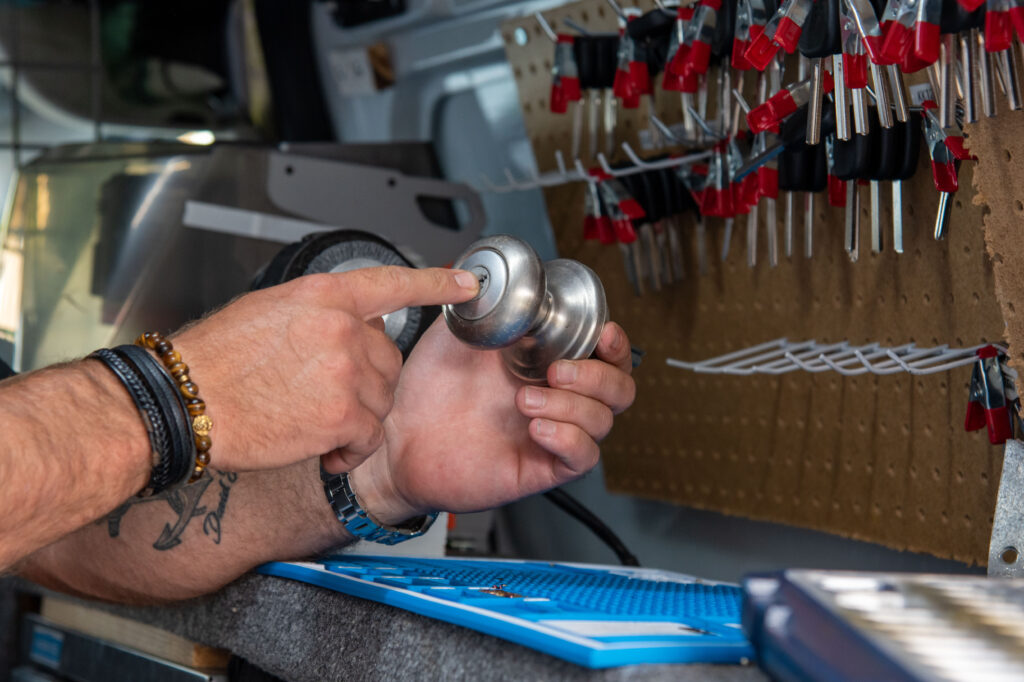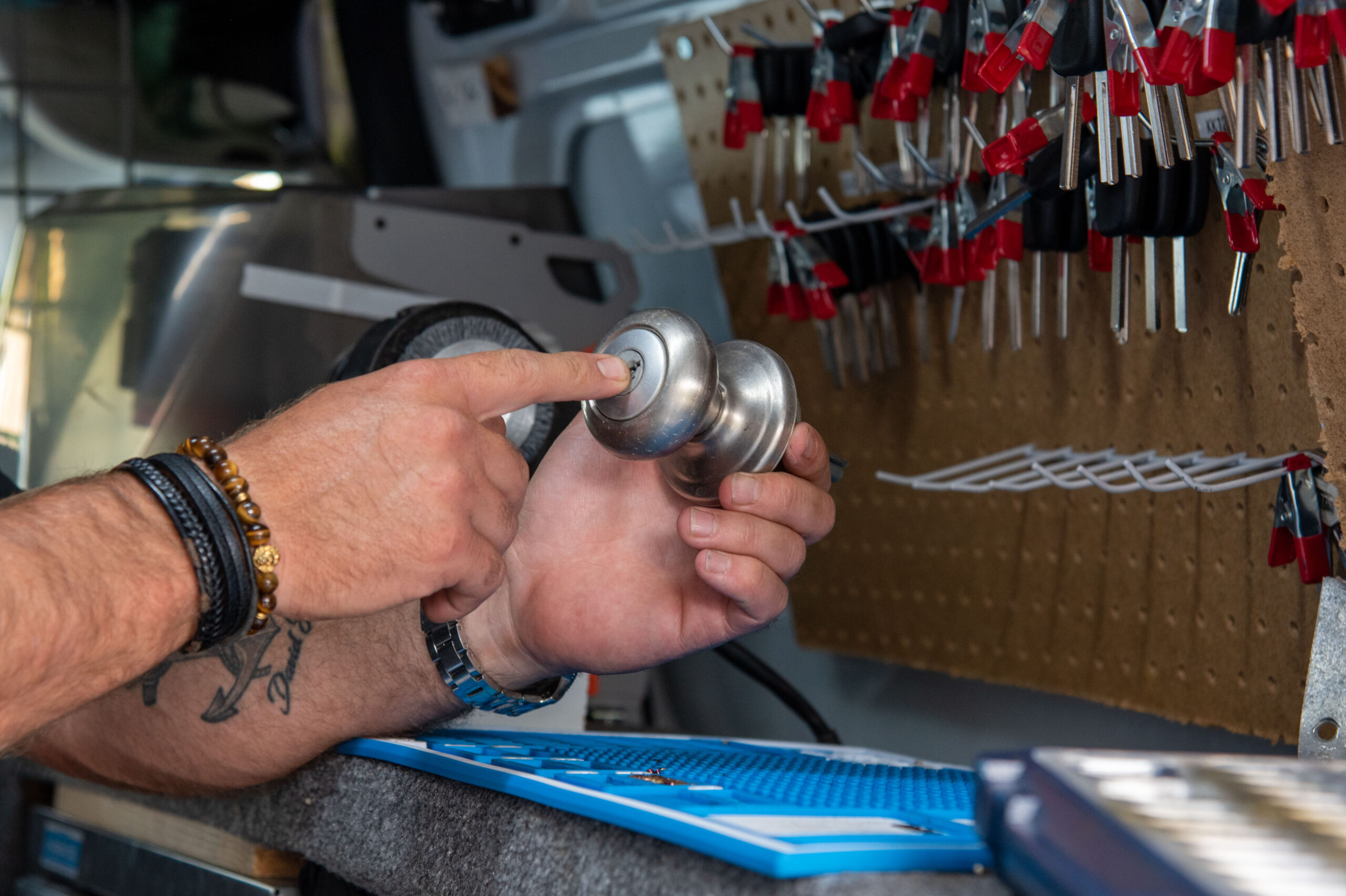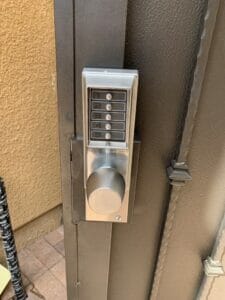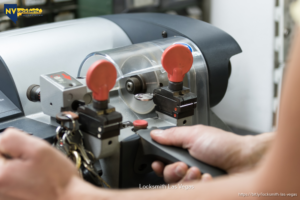Understanding the Different Types of Residential Locks
To rekey your new property effectively, it’s crucial to first understand the various types of residential locks. Here’s a brief overview:
- Patio Locks: Often found on sliding patio doors, these are typically designed with a hook bolt mechanism for optimal security.
- Storage Locks: These padlocks are common on outdoor sheds or storage units and can range from simple dial locks to high-security disc lock systems.
- Sliding Door Locks: Most sliding doors use either a hook bolt or a latch system, with additional security measures such as bar locks.
- French Door Locks: These double doors require special locks, usually a three-point locking system that secures the top, middle, and bottom of the door.
- European Cylinder Locks: Frequently used on security doors, they offer a high level of protection due to their complex internal structure.
- Gate Mechanical Locks: These are often keyless, using a push-button system for entry.
- Keypad Locks: Popular in modern homes, they offer a keyless entry option where a numeric code is used for access.
- Wi-Fi/Smart Locks: These are the latest in home security, allowing homeowners to control access remotely via a smartphone app.
Rekeying Different Property Types
Each type of property, whether it’s a room, apartment, house, or condo, will have a unique combination of the aforementioned locks. Therefore, the process and costs of rekeying will vary:
- Room: Typically involves rekeying a single door lock.
- Apartment: May require rekeying multiple door locks, including the main door and any internal doors.
- House: Can be complex, as it may involve a variety of locks on doors, gates, and storage facilities.
- Condo: Similar to apartments, but may also include rekeying shared facility locks, such as gym or pool access.

Reasons to Rekey or Change Your Locks After a House Purchase
There are several reasons why you should consider rekeying or changing your locks after purchasing a property:
- Security: The previous owners may have distributed keys to friends, family, or service providers. Rekeying ensures that only you have access.
- Lost Keys: It’s impossible to know if all copies of the keys were handed over at closing. Rekeying eliminates this uncertainty.
- Wear and Tear: Locks can degrade over time, reducing their effectiveness. A new lock guarantees optimal security.
- Convenience: Rekeying can standardize all your locks to a single key, reducing the number of keys you need to carry.
Risks of Not Rekeying Your Locks
Neglecting to rekey your locks can expose you to several risks:
- Unauthorized Access: Without rekeying, anyone with a copy of the original keys can access your property.
- Increased Vulnerability to Break-ins: Old or worn-out locks are easier to pick or break.
- Voided Insurance: Some home insurance policies require proof of lock changing or rekeying on property transfer.
Tips & Tricks from NV Locksmith LLC
At NV Locksmith, we recommend:
- Prioritizing High-Risk Areas: Start with external doors, as these are the primary entry points.
- Evaluating Existing Locks: Assess the condition and security level of existing locks. If they’re outdated, consider upgrading.
- Hiring Professionals: Professional locksmiths ensure a secure and efficient rekeying process.
Choose NV Locksmith for Your Rekeying Needs
We encourage our readers in the Las Vegas area to schedule their home rekey with us at NV Locksmith. We pride ourselves on providing a comprehensive, efficient, and professional service. Our service areas include Las Vegas, North Las Vegas, Henderson, Summerlin South, Sunrise Manor, Paradise, Spring Valley, Enterprise, Winchester, Whitney, Blue Diamond, and beyond, covering the Las Vegas Metropolitan.
Remember, rekeying your locks after a property purchase is an essential step in ensuring the security of your new home. Choose NV Locksmith and rest easy knowing you’ve taken a crucial step towards a safer home.
Make sure to engage with us, share your thoughts, and don’t hesitate to ask any queries. Your security is our priority.




